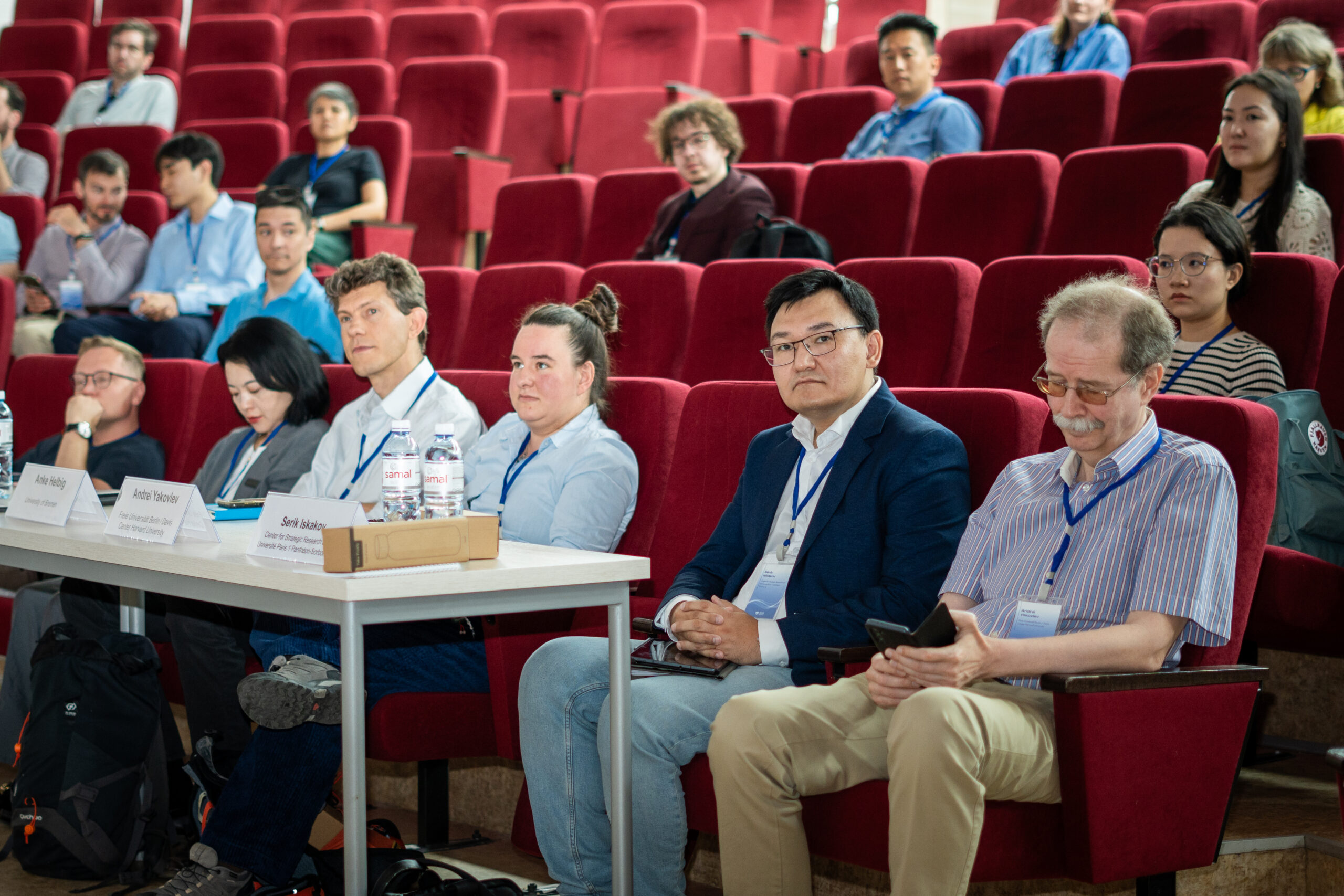
From June 5–7, 2025, Almaty Management University (AlmaU) hosted the 3rd International Conference “New Advances in the Political Economy of Development in Eurasia.” This significant academic event brought together researchers, professors, and experts from universities and think tanks across Eurasia and North America. The conference served as a platform for exchanging ideas, discussing current political and economic processes, and presenting new research grounded in real data and modern approaches.
The event gathered leading political scientists, scholars, and researchers who, over the course of three days, presented original studies in political economy. The wide range of topics covered included public governance, sanctions policy, electoral processes, social institutions, and environmental challenges.
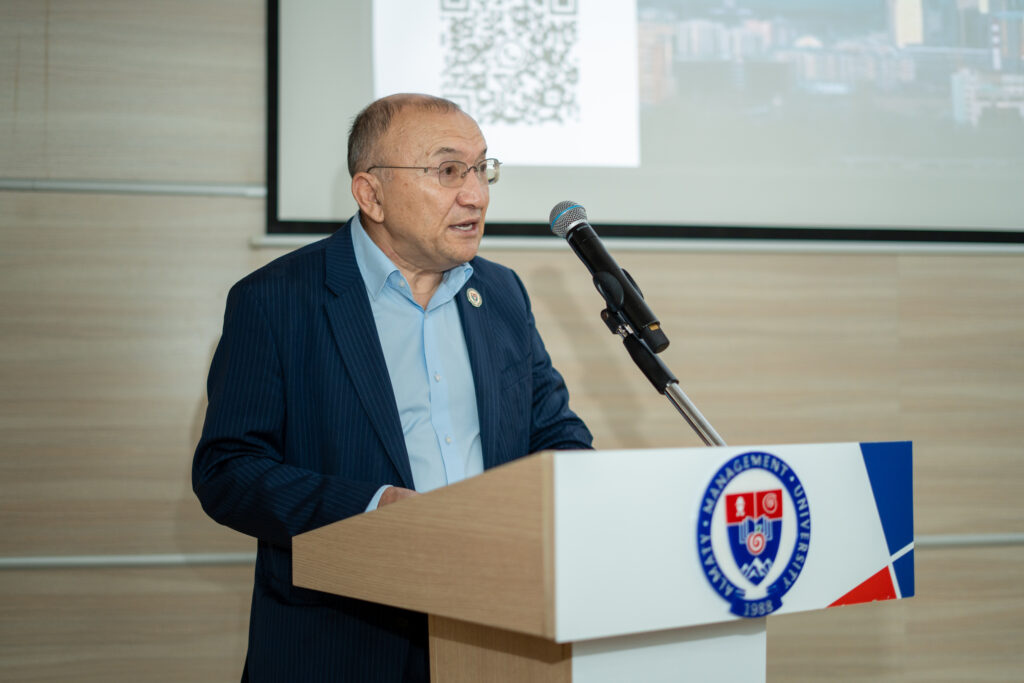
AlmaU President Asylbek Kozhakhmetov opened the conference with welcoming remarks, emphasizing the importance of a scientific approach to studying political and economic processes:
“The reports presented at the conference analyze the functioning of institutions in Eurasian countries, their interactions, and their responses to contemporary challenges. Importantly, these materials are based not on subjective assessments but on research evidence, which is crucial to shaping a comprehensive understanding of the world we live in and strive for. In Kazakhstan, we adhere to the principle that the national economy must remain sustainable and resilient, yet open to constructive engagement. Political decisions within this system should enhance its value rather than lead to self-isolation.”
Day 1
The first day featured three thematic panel discussions:
- Business and Governance – 1
- Migration
- Conflicts
The sessions examined a wide spectrum of issues, from state–business relations and migration dynamics to the causes and consequences of contemporary conflicts and the factors influencing sustainable political development.
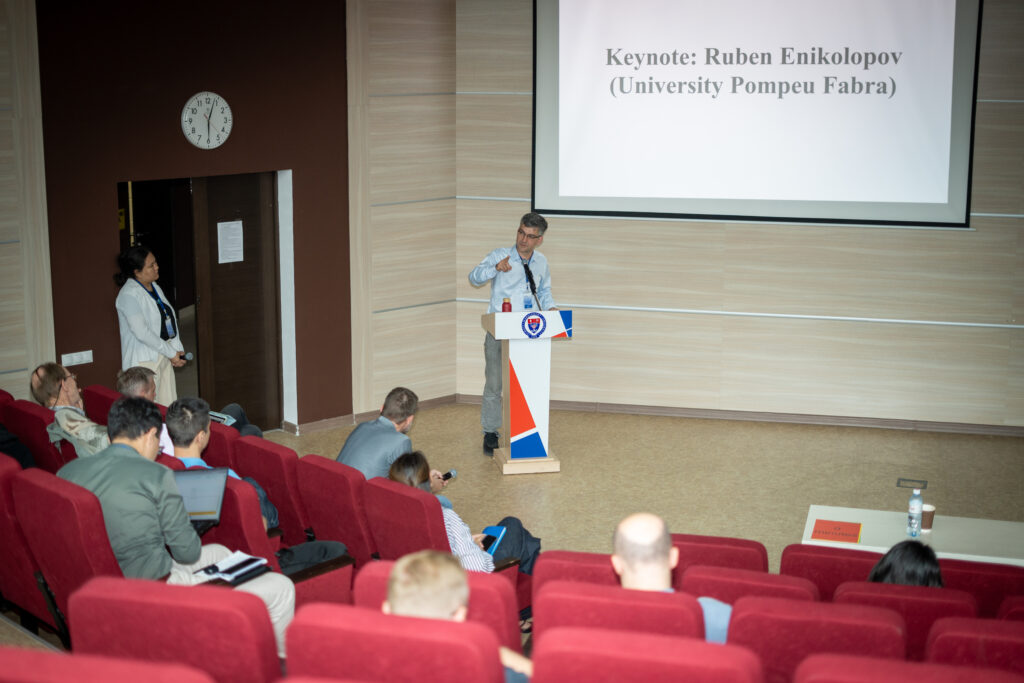
A keynote lecture was delivered by Professor Ruben Enikolopov (Pompeu Fabra University, Spain), a leading global expert in political institutions, media, and field research in the social sciences. His presentation “Political Effects of Social Media” addressed the transformative impact of social networks on political processes.
“The influence of social media on politics is one of the defining issues of our time. Communication technologies have always shaped society—from the printing press and books to radio and television. However, in the last 10–15 years, we have witnessed perhaps the most dramatic shift, driven by the rise of social media. These platforms have radically altered socialization and political interaction, with consequences we have yet to fully grasp. Alongside risks such as disinformation and polarization, social media also opens opportunities, sometimes empowering civil freedoms and resistance against authoritarian regimes. Studying these processes is essential to help political institutions adapt to the realities of the digital era.”
His lecture sparked lively debate and became a highlight of the day.
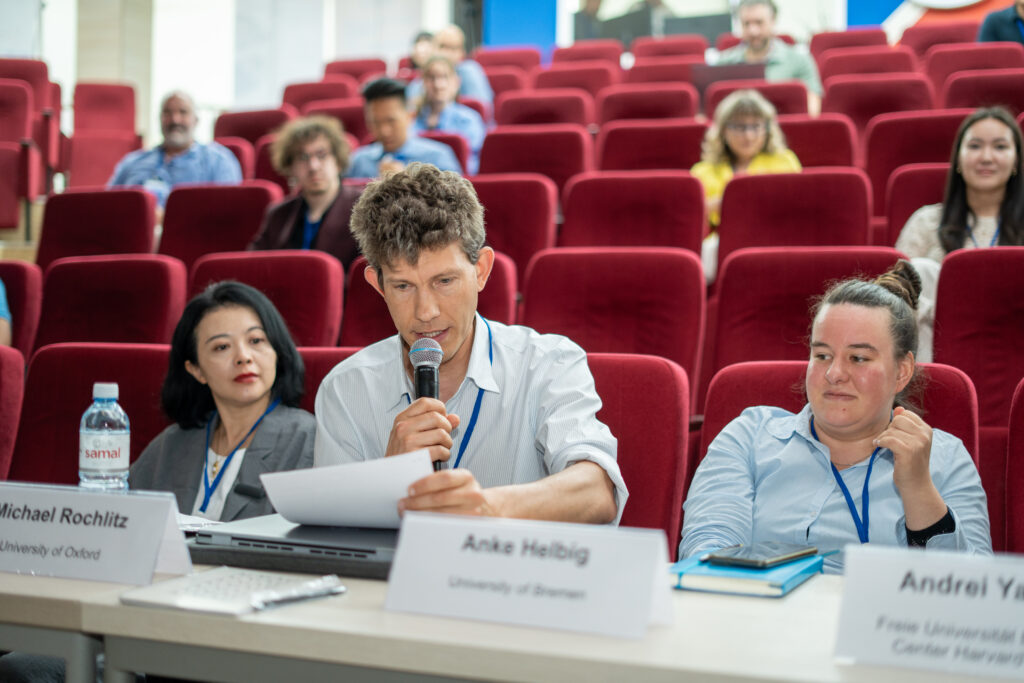
Day 2
The second day of the conference included four panel sessions:
- Politics and Development
- Governance and Law
- Legacy and Persistence
- International Politics and Economics (hybrid session)
The discussions ranged from the influence of legal institutions and governance practices on development, to historical factors shaping the resilience of political-economic systems, as well as current international challenges.
A keynote address was delivered by Professor Jennifer Gandhi (Yale University, USA), one of the world’s leading experts on authoritarian institutions. Her lecture, “Legislatures and Elections across Political Regimes,” explored how legislative bodies and elections operate in both democratic and non-democratic systems.
“Legislatures and elections are traditionally seen as core democratic institutions, but they are also widespread in authoritarian regimes. Research shows they can both consolidate power for incumbents and open limited space for political competition. Studying their functions in autocracies helps us better understand their role in democracies and rethink the boundaries between different types of political systems.”
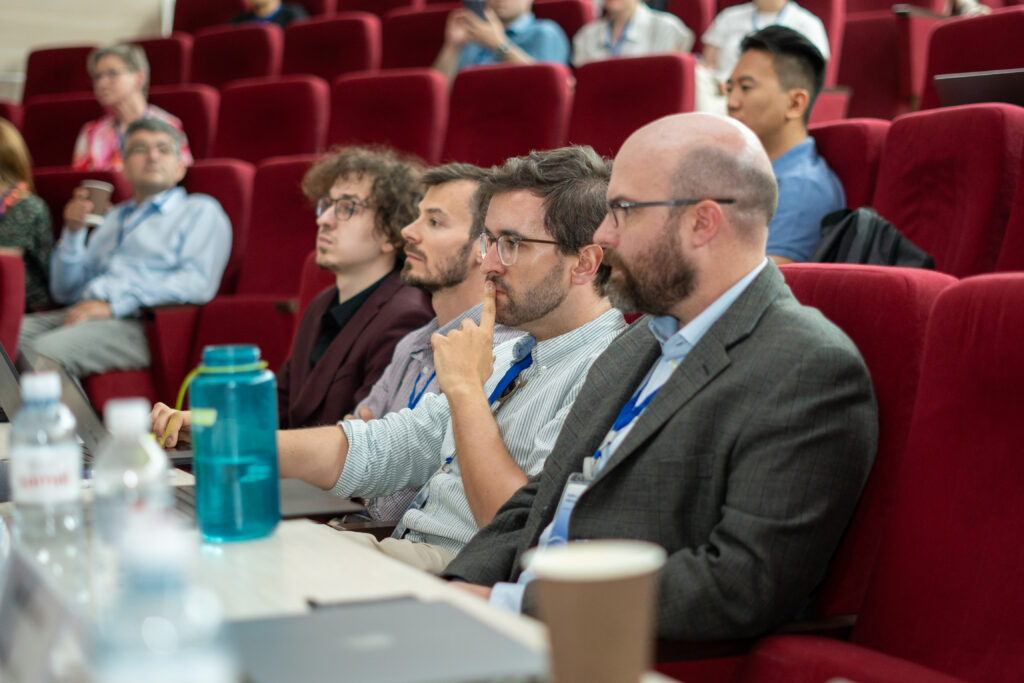
Day 3
The final day featured four thematic panel sessions:
- Business and Governance – 2
- Environmental Issues
- Public Opinion and Media
- Norms, Social and Human Capital
Presentations covered a broad range of research topics, from business–government interactions under institutional transformation, to environmental challenges, media transformations, and the role of social norms and human capital in sustainable development. Particular attention was given to the growing number of high-quality studies on Kazakhstan’s socio-economic issues based on original field data.
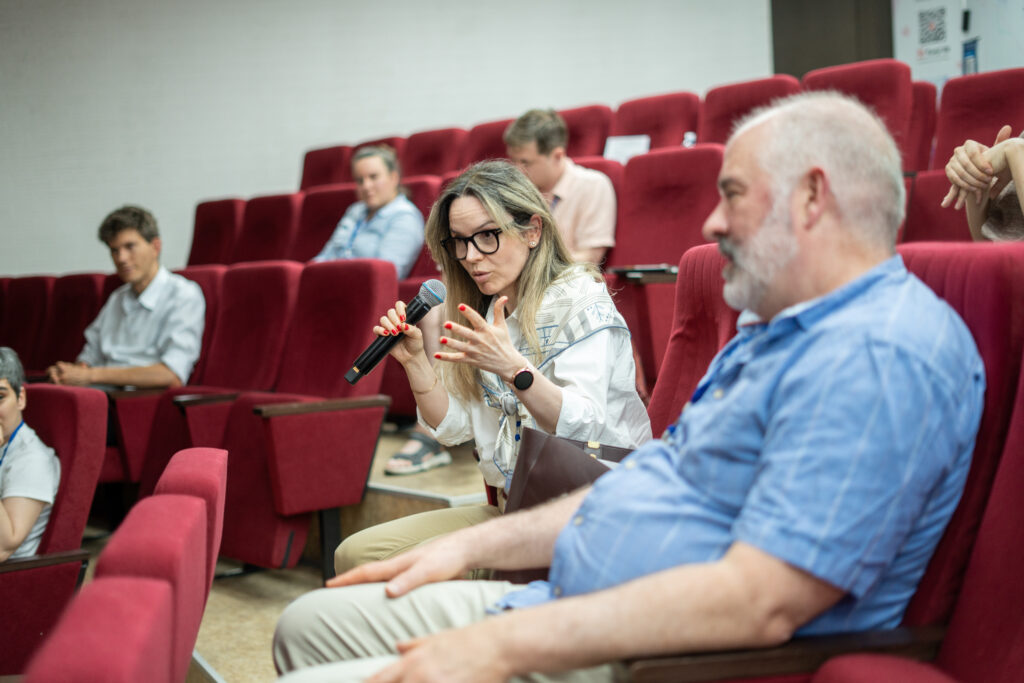
Closing
The conference concluded with final comments, reflections, and plans for future academic collaboration. Participants praised both the scholarly depth of discussions and the high organizational standards. The event underscored the importance of such international academic gatherings in advancing interdisciplinary dialogue and strengthening cooperation in the field of political economy.